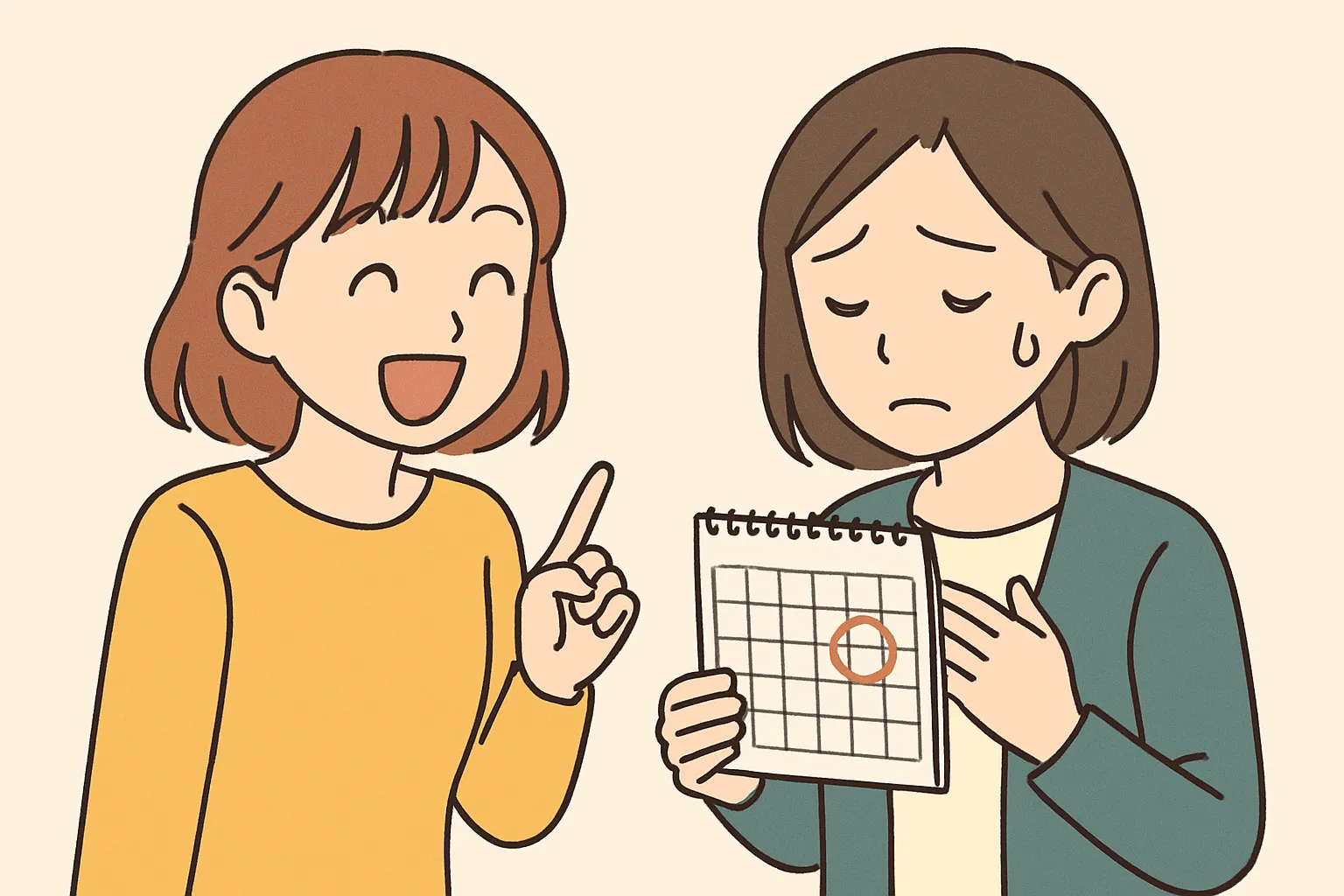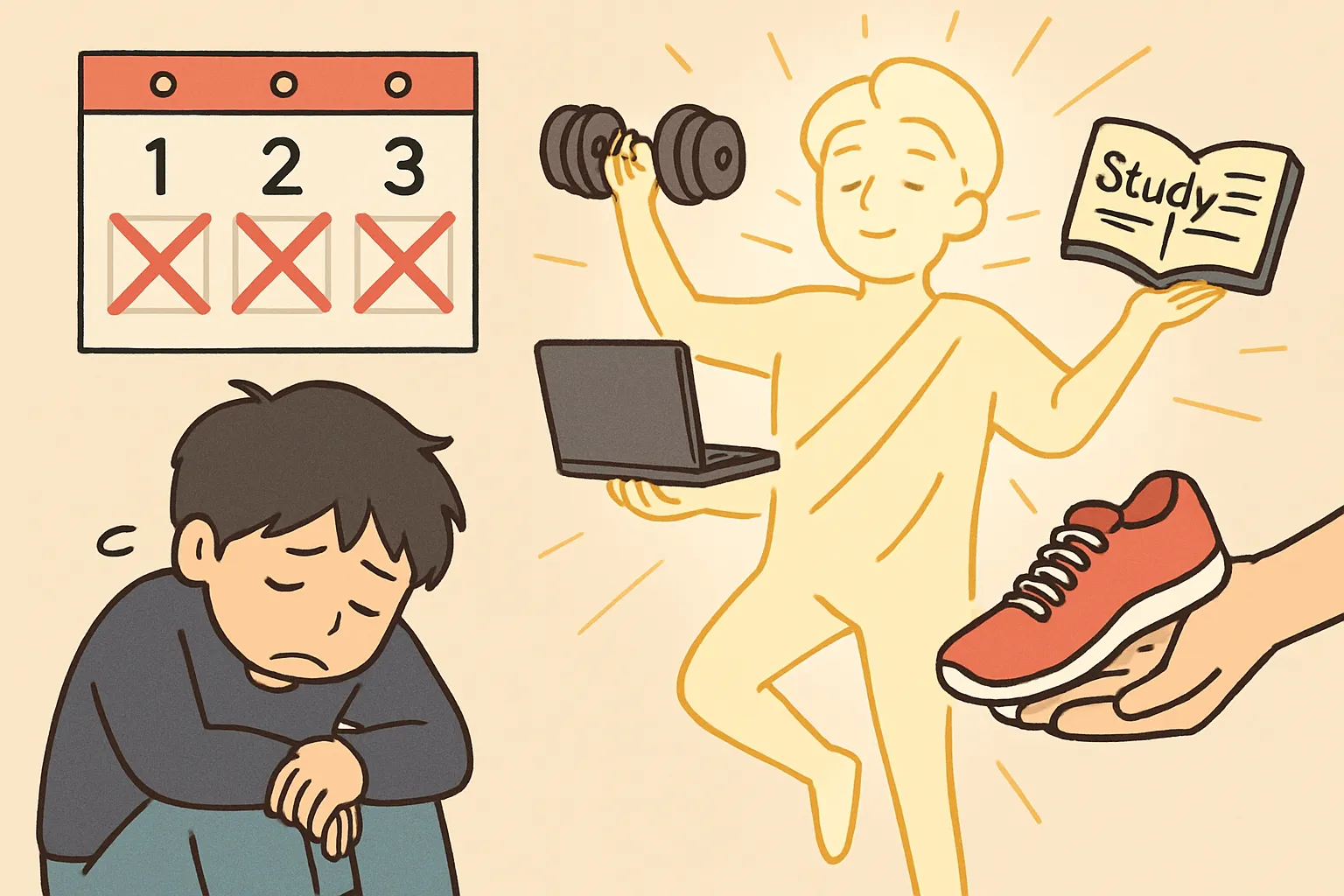Team Up in Korean: Is it “My” Project or “Our” Project?
Hello! It’s your favorite Korean booster, Everyday Korean, here to upgrade your language skills!
Ever worked on a group project? Whether it’s for school, work, or even a K-pop dance cover with friends, you need to know how to talk about what belongs to you and what belongs to the team. Lately in Korea, collaboration is everything! From project groups at universities to idol groups creating amazing music, teamwork is key. Today, we’re going to learn the super important Korean possessives so you can talk about your shared projects like a pro. Let’s go!
Core Expressions You Need to Know
Here are the essential words to talk about “my” and “our” in Korean.
1. 나의 (na-ui) / 내 (nae)
- Pronunciation [Romanization]: [na-eui] / [nae]
- English Meaning: My
- Detailed Explanation:
나의 (na-ui)is the full, textbook way to say “my.”- However, in everyday conversation, Koreans almost always shorten it to
내 (nae). It’s casual and used with friends or people younger than you. For a polite version (with teachers or older people), you would use저의 (jeo-ui)or제 (je). - Example: 내 아이디어 (nae a-i-di-eo) = My idea.
2. 우리의 (u-ri-ui) / 우리 (u-ri)
- Pronunciation [Romanization]: [u-ri-eui] / [u-ri]
- English Meaning: Our
- Detailed Explanation:
- Just like
나의,우리의 (u-ri-ui)is the full form, but people rarely say it. - In 99% of situations, you will just use
우리 (u-ri)to mean “our.” The의particle is dropped! It’s super simple. - Example: 우리 팀 (u-ri tim) = Our team.
- Just like
3. ~의 (ui)
- Pronunciation [Romanization]: [eui]
- English Meaning: The possessive particle (‘s)
- Detailed Explanation:
- This little particle works just like the apostrophe ‘s’ in English. You attach it to a name or noun to show ownership.
- Example: 지수의 컴퓨터 (Ji-su-ui keom-pyu-teo) = Jisoo’s computer.
- Pro Tip: In casual speaking, even
의is often omitted if the meaning is clear from the context! So you might just hear “지수 컴퓨터” (Jisoo computer).
Example Dialogue
Let’s see how these expressions are used in a real conversation! Two students, A and B, are working on a presentation about their favorite K-drama, “Queen of Tears.”
A: 소미 씨, 우리 프레젠테이션은 어떻게 되고 있어요?
(Somi, how is our presentation going?)
B: 거의 다 했어요! 제 파트는 끝났고, 이제 마크의 디자인만 추가하면 돼요.
(It’s almost done! My part is finished, now I just need to add Mark’s design.)
A: 와, 좋아요! 마크의 디자인은 항상 짱이에요.
(Wow, great! Mark’s designs are always the best.)
B: 맞아요! 우리 팀 프로젝트, 대박일 거예요!
(I know! Our team project is going to be awesome!)
Cultural Tip: The Magic of “우리 (uri)”
Here’s a secret to sounding more like a native Korean speaker! In Korean, 우리 (uri) is used for more than just “our.” Koreans often use 우리 to refer to things that an English speaker would call “my,” especially when it involves a group they belong to.
- 우리 집 (uri jip): Literally “our house,” but it means “my house” (referring to my family’s house).
- 우리 엄마 (uri eomma): Literally “our mom,” but it means “my mom.”
- 우리나라 (uri nara): Literally “our country,” but it means “my country” (Korea).
Using 우리 this way shows a strong sense of community and belonging, which is a very important part of Korean culture. When you hear your favorite K-pop idols say “우리 팬들” (uri paen-deul), they are saying “our fans,” creating a warm, inclusive feeling for everyone!
Wrap-up & Practice Time!
Great job today! You learned how to use the Korean possessives 내/제 (my), 우리 (our), and the particle ~의 (‘s). Now you can easily talk about your team projects and what belongs to you.
Let’s practice what you’ve learned!
- Fill in the Blank: How would you say “This is my pencil”?
- 이것은 ____ 연필이에요. (Answer: 제 or 내)
- Translate: How would you write “Our team is the best!” in Korean?
Leave your answers in the comments below! Try making your own sentence with a word you learned today. You’re doing an amazing job! 화이팅! (Hwaiting! / You can do it!)






